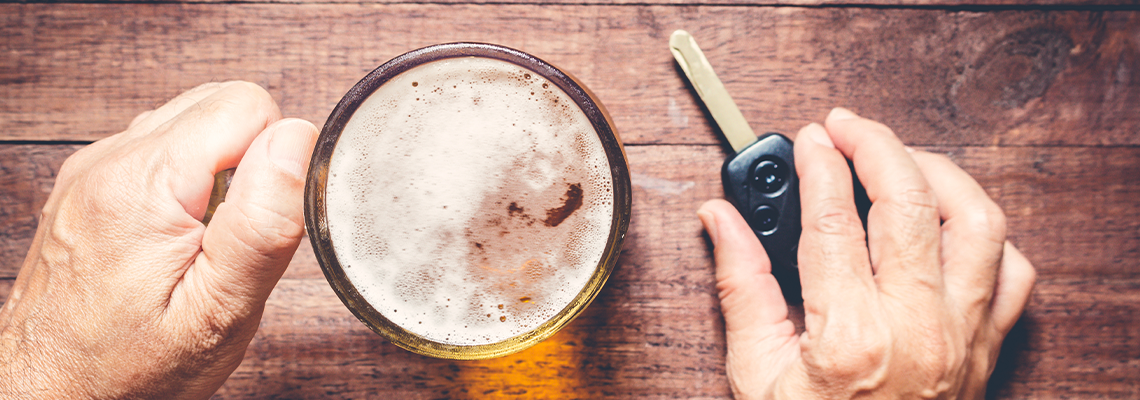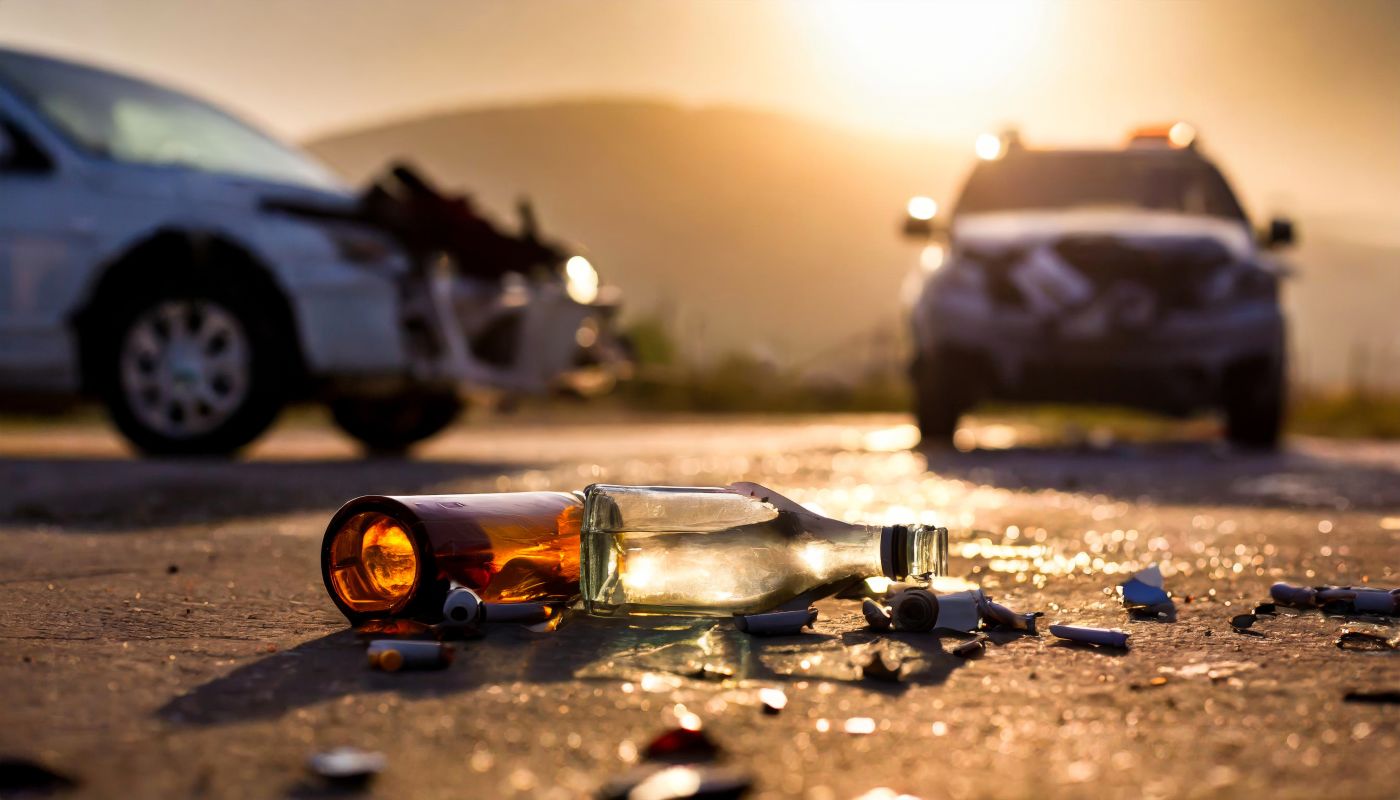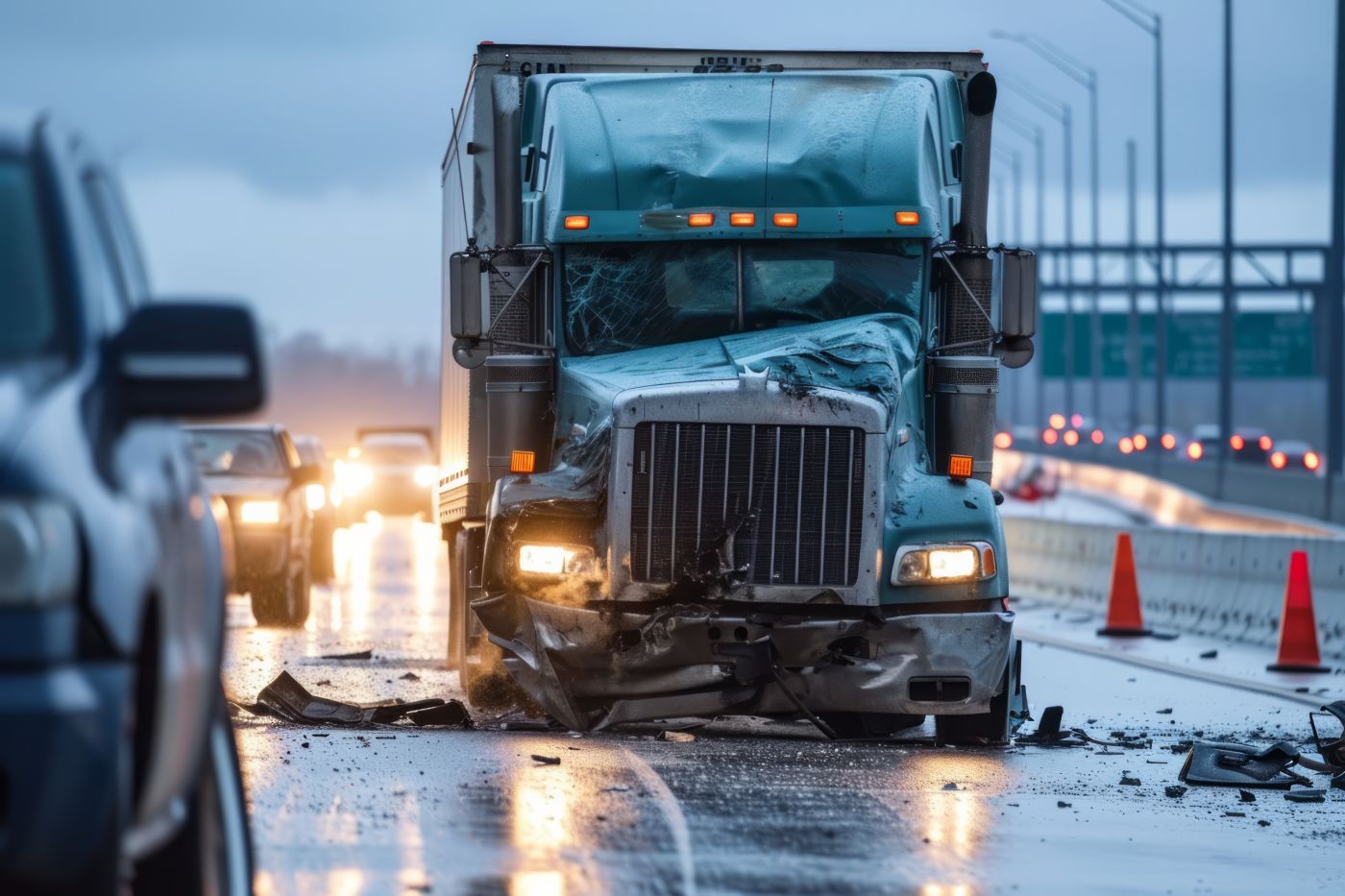
When alcohol is involved in accidents or injuries, questions often arise about who is legally responsible. In many personal injury instances, the responsibility for harm extends beyond the intoxicated individual to the establishments that served them alcohol.
At Guerra Law Firm PC, we understand how dram shop liability laws were designed to address this issue by holding bars, restaurants, and other alcohol-serving businesses accountable if they overserve alcohol to individuals who later cause harm.
These laws vary by state, but they generally allow victims of alcohol-related accidents to pursue legal action against businesses that were negligent in serving alcohol to visibly intoxicated patrons. In some jurisdictions, the laws also extend to situations where an underage person is served alcohol, further broadening the scope of responsibility for alcohol-serving establishments.
Understanding dram shop liability is particularly crucial in personal injury cases where excessive alcohol consumption leads to a variety of dangerous outcomes, including car accidents, physical altercations, violent behavior, and even fatalities. Such incidents often involve intricate legal considerations that go beyond the actions of the intoxicated individual.
Establishments that serve alcohol have a responsibility to exercise caution and adhere to laws designed to protect public safety. Keep reading to take a closer look at how dram shop laws operate, their implications in legal cases, and the requirements for holding an establishment legally accountable for overserving alcohol.
Whether you're a victim of a drunk driving accident or involved in an altercation with an intoxicated person, understanding these laws can provide a deeper perspective of the legal options available and the potential avenues for seeking justice.
What Is Dram Shop Liability?
Dram shop liability refers to laws that allow individuals injured by an intoxicated person to seek damages from the establishment that provided the alcohol. These laws are designed to promote responsible alcohol service and discourage establishments from serving visibly intoxicated patrons. Dram shop laws typically fall into two categories.
First-party claims: Cases where the intoxicated individual sues the establishment for damages related to their own overconsumption. These claims are generally harder to prove and aren’t recognized in all states.
Third-party claims: Cases where someone injured by an intoxicated person (such as a car accident victim) sues the establishment that overserved the at-fault individual. These cases are more common and have broader legal recognition.
When Can a Bar or Restaurant Be Held Liable?
For a bar or restaurant to be held liable under dram shop laws, specific conditions must be met. Otherwise, these establishments may face legal consequences. Proving liability often requires strong evidence, such as witness statements, security footage, or transaction records.
The concept behind this liability is that businesses selling alcohol have a duty to serve responsibly and avoid contributing to dangerous situations. Here are a few key instances when a bar or restaurant could be held liable.
The patron was visibly intoxicated at the time of service: Many state laws require evidence that the person showed clear signs of intoxication, such as slurred speech, stumbling, or aggressive behavior.
The establishment continued serving alcohol despite signs of intoxication: If bartenders or servers knowingly provided alcohol to an already impaired patron, the business may be held responsible.
The intoxicated individual caused harm: The plaintiff must prove that the intoxicated person’s actions directly resulted in their injury or damages. This often applies in drunk driving accidents or violent altercations.
How Personal Injury Claims Are Affected by Dram Shop Laws
Dram shop laws can significantly impact personal injury claims by expanding the scope of liability. Instead of seeking compensation solely from the intoxicated individual, injured parties may also pursue claims against the bar or restaurant.
This can be beneficial in cases where the intoxicated person lacks sufficient financial resources to cover damages. To strengthen a personal injury claim involving dram shop liability, the plaintiff typically needs the following.
Eyewitness testimony: Statements from other patrons, bartenders, or security personnel can support claims of visible intoxication.
Surveillance footage: Many bars and restaurants have security cameras that may show a patron’s level of intoxication before an incident.
Receipts or transaction records: Evidence of excessive alcohol purchases can help demonstrate overservice.
Police reports: If law enforcement responded to the incident, their reports may provide critical evidence regarding intoxication levels.
State-by-State Variations in Dram Shop Laws
Dram shop liability laws vary widely across the United States. Some states have strict laws with clear guidelines for when establishments can be held accountable, while others have limited or no dram shop liability statutes.
Strict liability states: States like Texas and Illinois have well-defined dram shop laws that allow injured parties to file lawsuits against bars and restaurants under specific circumstances.
Limited liability states: Some states impose restrictions on dram shop claims, such as requiring proof of reckless conduct or limiting damages recoverable.
No dram shop laws: A handful of states, including Nevada and South Dakota, don’t have dram shop laws, making it nearly impossible to hold establishments liable for overserving patrons.
Understanding the laws in a specific state is crucial when pursuing a dram shop liability claim.
Defenses Used by Bars and Restaurants
Businesses facing dram shop liability claims often use several defenses to protect themselves from legal responsibility. These defenses are intended to create doubt in the minds of jurors or judges, making it more difficult for the plaintiff to succeed in their claim.
However, it’s important to note that each case is unique, and the success of these defenses depends on the specific facts and evidence presented.
Lack of visible intoxication: If the establishment can argue that the patron didn’t appear drunk at the time of service, liability may be harder to establish.
Comparative negligence: Some states allow establishments to reduce their liability by showing that the intoxicated person or another party contributed to the incident.
Intervening causes: If another factor, such as drug use or an unrelated event, played a role in the injury, the establishment may argue that its service wasn’t the primary cause.
Since liability laws vary by state, establishments may also argue that their jurisdiction has limited or no dram shop laws. By presenting these defenses, businesses aim to minimize or eliminate their financial responsibility in lawsuits involving alcohol-related harm.
How Victims Can Seek Compensation
Individuals injured by an intoxicated person who was overserved at a bar or restaurant may have legal options to recover damages. In many cases, the injured party can hold the establishment accountable under dram shop liability laws.
These laws allow victims to pursue legal action against bars, restaurants, or other alcohol-serving businesses if they serve alcohol to someone who is visibly intoxicated and the person subsequently causes harm. Understanding how victims can seek compensation is crucial for handling the legal process and making sure that responsible parties are held accountable.
Compensation in dram shop cases may include:
Medical expenses: Coverage for hospital stays, surgeries, therapy, and long-term care.
Lost wages: Compensation for time missed at work due to injuries.
Pain and suffering: Damages for physical pain, emotional distress, and reduced quality of life.
Wrongful death: If a loved one was killed due to an overserved patron’s actions, surviving family members may pursue a wrongful death claim.
To successfully file a dram shop claim, victims should gather evidence, consult with an experienced personal injury attorney, and act within the statute of limitations, which varies by state.
Get the Personal Injury Representation You Need
Dram shop liability plays an important role in promoting responsible alcohol service and providing recourse for victims of alcohol-related injuries in McAllen, Texas, and throughout Southern Texas.
For those affected by an alcohol-related incident, understanding dram shop laws and seeking legal guidance can help in pursuing compensation for damages. By holding establishments responsible, these laws aim to reduce preventable accidents and encourage safer alcohol-serving practices. Contact us at Guerra Law Firm PC to get started.


